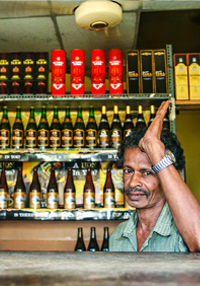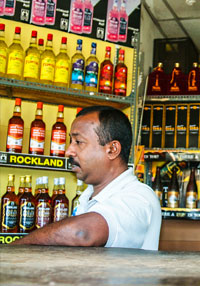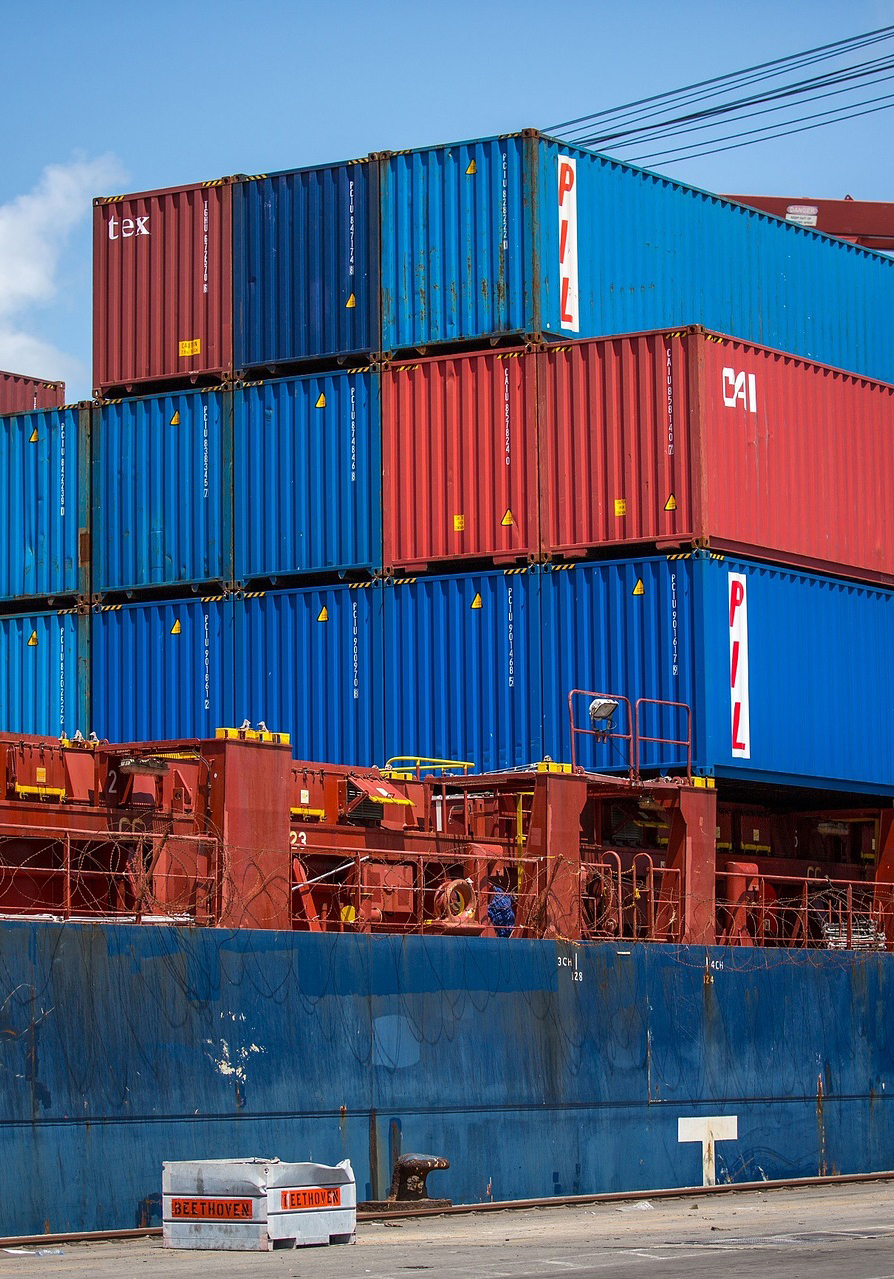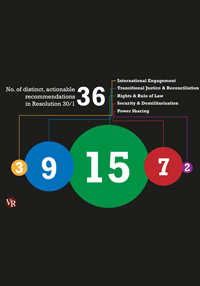Sri Lanka is a signatory to the International Treaty, Framework Convention on Tobacco Control since 2003. It has not yet implemented the provisions relating to protecting tobacco policy from vested interests. This Insight explores the consequences of not doing so and meaningful steps that can be taken towards mitigating the influence of vested interests.
Analysis of past tax and price data reveals two aspects of cigarette pricing that are hidden from media reporting: first, net-of-tax price grew at a faster rate than the tax per cigarette; second, that the government’s tax share of the cigarette price has fallen over time.
The Cabinet decision to withdraw Excise Notification No.02/2018 is unconstitutional. The Notification removes the ban on the sale of liquor to women within the premises of a tavern. This brief explains why the Cabinet decision constitutes an imminent infringement of the fundamental right to equal protection.
On 10 January 2018, the Minister of Finance and Mass Media amended Excise Notification No.666 of 31 December 1979. It is widely believed that by this act the Minister revoked a prohibition on the sale of liquor to women. The President and the cabinet responded by asking for the amendments to be reversed. This reversal is widely believed to have reinstated the previous prohibition on women purchasing liquor. Verité Research finds both these views to be poorly-informed.
Sri Lanka and China decided to enter into a Free Trade Agreement (FTA) in August 2013 to further expand trade between the two countries. Technical negotiations, which officially commenced in September 2014, are still underway with five rounds of negotiations having been concluded. China is the world’s second largest economy, its largest exporter and its second largest importer. For a small market economy like Sri Lanka, an agreement with a country such as China presents exciting opportunities as well as daunting challenges. This briefing note provides an assessment of the challenges and opportunities that Sri Lanka is likely to face in operating under an FTA with China. Potential challenges and opportunities have been identified by analysing the key features of China’s existing FTAs with other countries.
The Global Competitiveness Index (GCI), ranks the competitiveness of economies. The GCI score is calculated using two types of indicators: objective (or measurable) indicators and sentiment (or subjective) indicators. While Sri Lanka has experienced a steady increase in the objective indicators, the steep decline in sentiment indicators have overshadowed these improvements, driving down the country’s overall score and rank.
This is Verité Research’s latest study on the Sri Lankan government’s commitments on reconciliation and accountability. The ongoing UNHRC Session began on 26 February 2018, and will include a discussion on Sri Lanka’s progress in this regard. This report analyses the government’s progress in fulfilling all 36 commitments made inUNHRC Resolution 30/1, as at 26 February 2018.
This study presents a review of the topics relevant to the debate on private sector participation in tertiary education. These include: the structure of the tertiary education sector; the legislation underlying the establishment of tertiary education establishments; and the current quality assurance and accreditation procedures for tertiary education institutions.
මැඞ්රිඞ් ප්රොටෝකෝලය යනු වෙළද ලකුණු විදේශයන්හි ලියාපදිංචිය සදහා ඇති සරල, ගෝලීය ක්රමවේදයකි. ශී්ර ලාංකික ව්යාපාරවලට වෙළද ලකුණු විදේශ රටවල ලියාපදිංචියේ දී මුහුණදීමට සිදුවන දුෂ්කරතාවයන් එමගින් සමනය කරගත හැක.මැඞ්රිඞ් ප්රොටෝකෝලයෙන් ප්රතිලාභ ලබාගැනීමේ දී, වෙළද ලකුණු ශී්ර ලංකාව තුළ ලියාපදිංචි කිරීම තීරණාත්මක පළමු පියවරකි.
The Madrid Protocol is a simplified global system for registering trademarks abroad. It eases trademark registration abroad for Sri Lankan businesses. Sri Lanka is looking to complete accession to the Madrid Protocol by the end of 2017 or early 2018. However, accession to the Madrid Protocol will not necessarily help address the related challenges faced by Sri Lankan business; the challenge of registering trademarks in Sri Lanka. Verité has conducted research on the challenges faced in the process of registering trademarks in Sri Lanka and how these challenges undermine the benefits of the proposed accession to the Madrid Protocol. This policy brief presents an analysis of these issues and provides recommendations to overcome the identified obstacles.








